Hey everyone, and welcome to PT Pioneer.
My name is Tyler, and this is your ultimate destination for all things related to making it in the fitness industry.
In this article, I will discuss exercise therapy certifications.
To make the information easier to digest, I’ve broken it down into several topics, which include:
- My recommended exercise therapy certifications
- What is exercise therapy?
- What accreditations do these certifications have
- Study materials
- Cost
I also highly recommend that you take the quiz and find out which exercise therapy certification is best for your career goals.
I’ll be scoring each cert as we go along so you can conclude which is the best and which suits you by the end of the article.
So let’s get right into it!
![Best Exercise Therapy Certification - Making The Right Choice in [year] 8 How to Become A Certified Exercise Therapist](https://www.ptpioneer.com/wp-content/uploads/2021/10/Exercise-Therapist-1.png)
| CPT | CPT | Features | Price |
|---|---|---|---|
![Best Exercise Therapy Certification - Making The Right Choice in [year] 9 ISSA Exercise Therapist](https://www.ptpioneer.com/wp-content/uploads/2021/12/ISSA-2.jpeg) |
| Check ISSA Pricing | |
![Best Exercise Therapy Certification - Making The Right Choice in [year] 10 ACE Medical Exercise Specialist](https://www.ptpioneer.com/wp-content/uploads/2020/04/ACE-Logo.png) |
| Check ACE Pricing |
ISSA Exercise Therapist
The International Sports Science Association is a leader in fitness credentials and a pioneer in distance-based health and fitness learning.
They have one of the best personal trainer certifications.
Their range of specialist certification programs is broader than most other cert agencies, which is why they frequently feature when it comes to the more obscure certs.
It comes as no surprise to see them offering an Exercise Therapy certification.
Unlike the other certifications listed in this article, ISSA Exercise therapist doesn’t require that you hold a bachelor’s degree in a sports science-related field.
Depending on your perspective, that may be a good or bad thing, but we’ll know by the end of this article.
One thing ISSA does very well provides excellent deals for certification bundles.
I always recommend that new fitness professionals look at getting multiple certifications as it gives them more tools.
In the case of personal training, facilities are more likely to hire trainers who qualify for one of the nutrition certification programs in addition to exercise.
Any exercise therapist will greatly benefit from knowing a bit about personal training.
Normally that would be expensive, but ISSA has an Elite Trainer package that is quite reasonable, where you could get their exercise therapist cert alongside two others.
Double-check that the offer is still running; if it is, it’s certainly a steal.
I also have complete coverage of the ISSA CPT program in my review.
ACE Medical Exercise Specialist
The American Council on Exercise is one of the world’s most established health and fitness institutes.
With a legacy spanning over 30 years and a strong reputation in the fitness industry, an ACE certification is sure to get a foot in the door.
ACE is a non-profit organization that promotes public health initiatives primarily through movement.
They believe that by supplying the fitness industry with trainers that hold their principles about promoting public health, they can turn the tide on many of the issues facing America’s increasingly sedentary.
AFPA Post Rehab Exercise Specialist
AFPA is the American Fitness Professionals Association.
It is a reputable cert agency with skin in the game and many specialist certifications.
Its mission is to continually advance the quality and quantity of competent fitness professionals in the industry.
Their Post Rehab Exercise Specialist certification will truly test how they live up to that ethos.
ACSM Exercise Physiologist
The American College of Sports Medicine has established itself as the leader in research and academic resources regarding exercise and sports science in America.
Their pioneering legacy is so revered that they often provide research and knowledge for the curricula of many top certifying agencies.
They are well known as a gold standard cert and a prestigious one, often attracting established trainers who want to upskill with something more substantial rather than simply learning how to become a personal trainer.
The Exercise physiologist cert they offer might be a good way to take that career path.
METI Post Rehab Conditioning Specialist
A subsidiary of AAHFRP or the American Academy of Health, Fitness, and Rehab Professionals, the Medical Exercise Training has been in business for over 20 years.
It is a specialist institute aimed at bridging the gap between medicine and fitness, which perfectly exemplifies an exercise therapist’s plight.
On paper, METI looks like the most relevant and comprehensive approach if you want to become a skilled and astute exercise therapist, but we’ll figure out how true that is as we go through it.
What Is “Exercise Therapy”?
First things first, let’s define exercise therapy.
Before we go too deep, I have an entire article dedicated to this topic which you must check out, so this will be a summarized description.
As you can pick up from the name, exercise therapy is a form of fitness instruction with a therapeutic goal.
Exclusive PTP CPT Offers |
||
|---|---|---|
Gold Standard Cert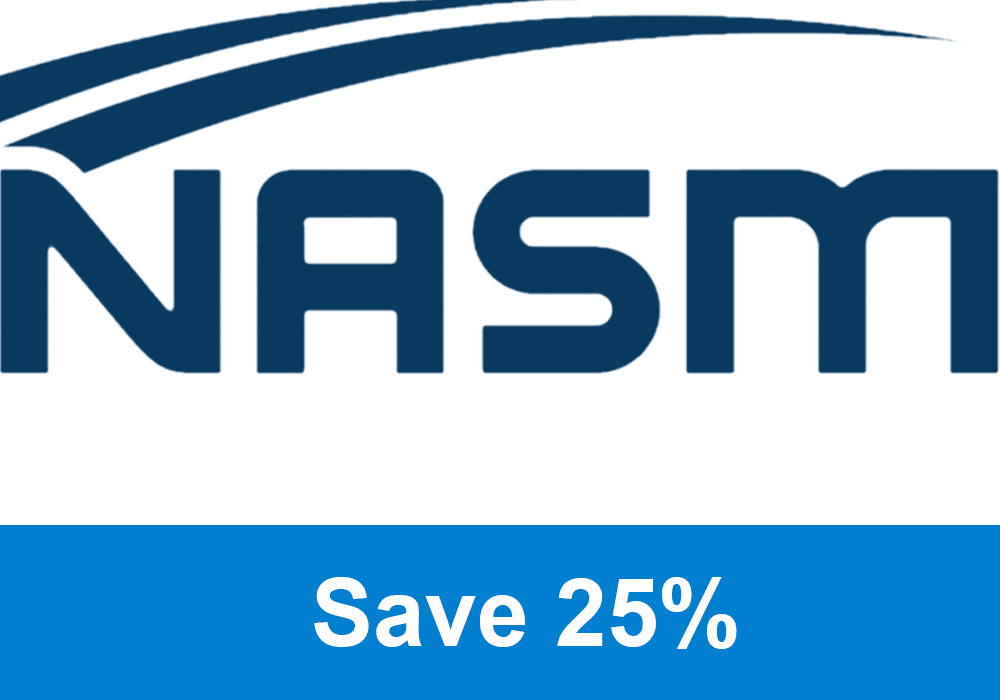 | Most Popular Cert | Best Study Materials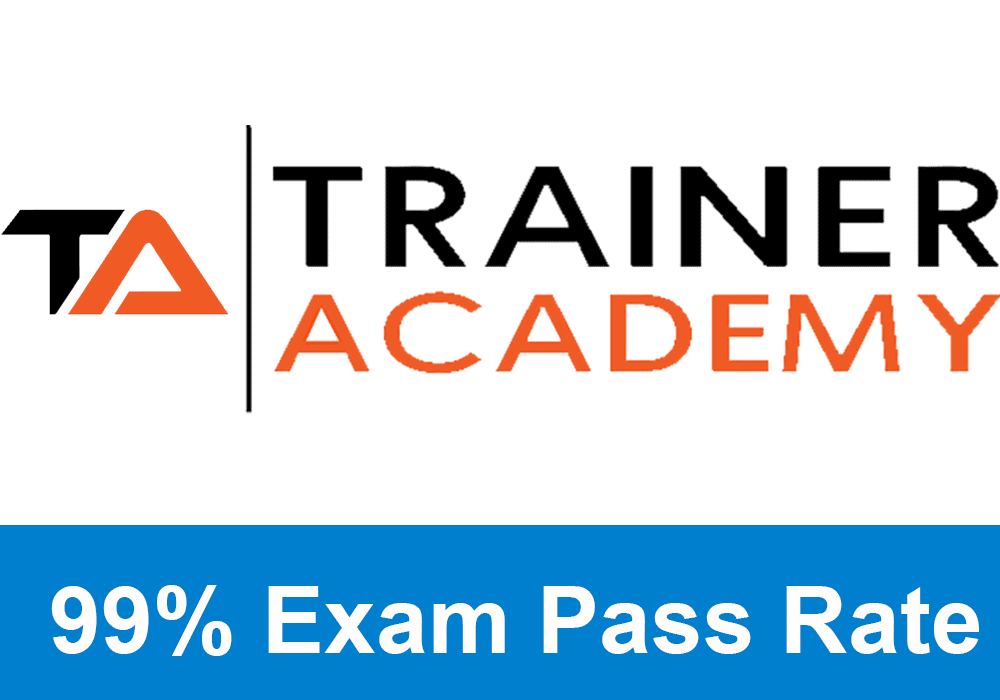 |
A Good Option | A Good Option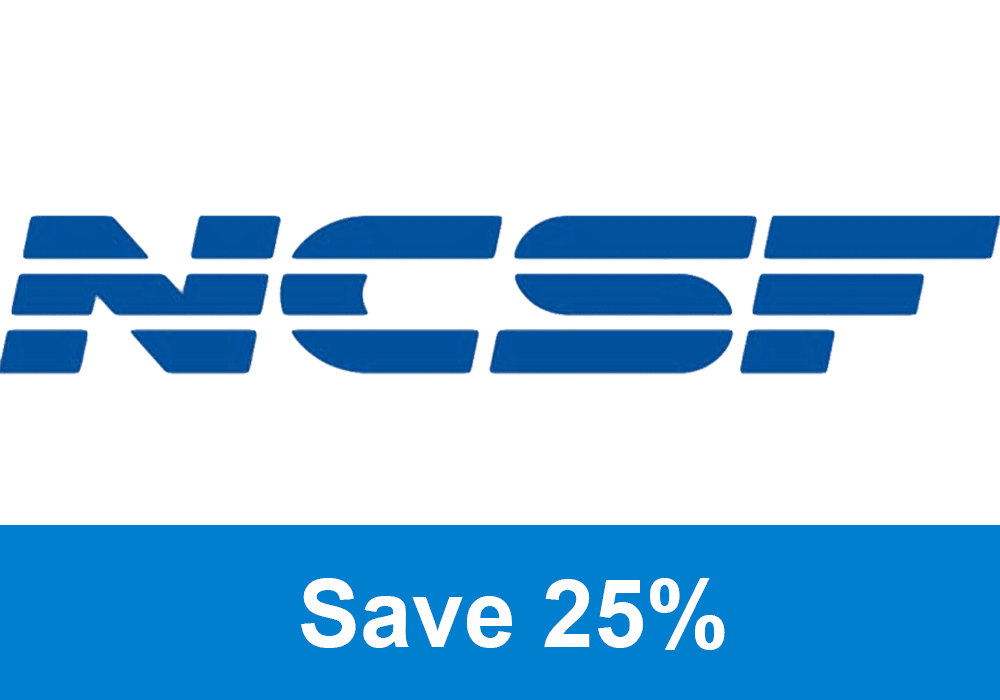 | Best CPT for you?  |
This usually means exercise with a corrective or rehabilitative goal in mind.
Exercise therapy becomes necessary for people recovering from illness or injury, those with chronic conditions that limit functionality, and people with disabilities.
Not to be confused with physical therapy or physiotherapy, which are medical practices, exercise therapy is simply personal training focusing on restoring function.
That’s why an exercise therapist title can be earned through certification, while physiotherapy requires a degree and years of training.
How to Become A Certified Exercise Therapist
Becoming an exercise therapist means gaining a specialized skill, and the best way to authentically proclaim a specialized skill is to hold a specialized certification.
But before we delve into each of the certifications I’ll be reviewing, let’s look at the steps you’ll have to go through to get there.
Step 1: Develop a passion for Exercise
To be a successful exercise therapist, you must develop a passion for therapeutic exercise.
And to have a passion for exercise, you’ll need to be passionate about fitness.
This will lead you down a natural path of discovery where you can take your interest and learn all the intricacies that factor in when engaging in exercise for therapeutic reasons.
You also need to understand what exercise therapy is and what it isn’t.
I’ve already drawn a line between exercise and physical therapy.
Still, to clarify, the latter is a form of medical practice where the therapist in question takes a hands-on approach.
A physical therapist or physiotherapist is licensed to diagnose and prognosis and perform therapeutic procedures such as deep tissue massage and dry needling/acupuncture.
An exercise therapist is a fitness professional qualified to work with the diagnosis and prognosis supplied by a physiotherapist and develop exercise programs and training programs by a healthcare diagnosis.
Step 2: Determine Your Prerequisites
Nearly every academic program has a set of criteria that willing candidates must meet to gain entrance.
Regarding fitness certifications, the entry requirements typically aren’t that strict.
You’re usually just required to be at least 18 and have a high school diploma.
In this case, as you’ll soon learn, the prerequisites for the certifications, I’ll be showcasing include needing to have graduated in an exercise science-related degree program.
That means you’ll need to go to college or university before taking on any of these certifications.
While I did state that the depth of practice is not as strict as physiotherapy, it is still very meticulous and requires an astute knowledge of exercise principles.
Step 3: Find the Exercise Therapy Certification for YOU
The certification programs I’ll be putting under review are:
- AFPA Post Rehab Exercise Specialist
- METI Post Rehab Conditioning Specialist
- ISSA Exercise Therapist Certification
- ACE Medical Exercise Specialist
- ACSM Certified Exercise Physiologist
These five certifications are the best, in my opinion, and each has different things to offer.
So while my review will end with an overall winner, the best cert is the one that fits your profile, objectives, and circumstances.
For instance, your budget might not allow you to go for the most expensive certification, or you might want to focus on a specific aspect of exercise therapy, such as corrective exercise.
I’ll help you analyze each cert to determine which suits you best.
Step 4: Prepare for Your Certification Exam & Pass!
Once you’ve locked in on a particular certification, it’s time to get cracking and get certified.
PT Pioneer is all about lending you a helping hand when it comes to nailing your certifications and getting them with relative ease.
And one thing that will count a lot towards that goal is your study materials.
Of course, your focus, dedication, and discipline are huge factors, but a good driver won’t go anywhere without a decent car.
Your study materials are that car.
With a decent suite of study materials and a good work ethic, you’ll be on course to ace the final exam and scoop up that certification.
This is another topic I will tackle cert by cert, so stay tuned for more.
Step 5: Start Exercise Therapy with Clients
Since those seeking exercise frequently, feature therapy can be deemed as part of a sensitive population group; your client prospects won’t be as direct to come by.
You’ll likely gain many of your clients from those in the restorative or therapeutic sports medicine field.
For instance, you’ll get referrals from biokinetics and physiotherapists/physical therapists who will pass their clients/patients on to you for a suitable exercise program.
This means your career will be reliant on networking and referral building, especially in the initial phase.
Because of that, the job of an exercise therapist leans heavily on who you know and what connections you can build.
You can begin by meeting and building relationships with people in the sports medicine and exercise science industry.
You can also take advantage of the numerous post-certification career resources many of the certs I’ll be discussing come with.
These often include job placement or recruitment listing within the exercise therapy sector.
Accreditation
Accreditation is a big deal and should be one of the first things you consider regarding certification.
I would say it’s the first thing to consider when looking at certifications.
That’s because accreditation is a seal of approval and a symbol of authenticity awarded by the highest authorities in educational quality assessment.
Accreditation lets you know that how an educational product or service is set up and administered is consistent with industry and community standards.
It also lets you know that the information, knowledge, and practical skills contained in the curriculum meet all the academic and research standards of the day.
What you’re being taught must be based on scientifically sound evidence, and nothing less will cut it.
So who does the accrediting?
Exclusive PTP CPT Offers |
||
|---|---|---|
Gold Standard Cert | Most Popular Cert | Best Study Materials |
A Good Option | A Good Option | Best CPT for you?  |
Some several bodies or commissions offer accreditation across different institutions and specialist qualifications.
However, regarding fitness certifications, we mainly deal with two accrediting commissions.
Those are the NCCA, National Commission for Certifying Agencies, and the DEAC, or Distance Education Accrediting Commission.
The NCCA is the state’s most common accreditation for fitness cert agencies.
DEAC isn’t as common but is just as relevant.
Now that you have the low-down on accreditation let’s see which commission accredits which agency:
| Certification | Accreditation |
|---|---|
| ACE Medical Exercise Specialist | NCCA |
| ACSM Exercise Physiologist | NCCA |
| AFPA Post Rehab Exercise Specialist | NBHWC |
| ISSA Exercise Therapist | DEAC |
| METI Post Rehab Conditioning Specialist | NONE |
From our list of five, we have two certs accredited by the NCCA, making it the accrediting commission with the most stamps as expected.
Next, we have ISSA accredited by the DEAC.
ISSA has led the charge for distance-based learning in fitness since its inception.
Since acquiring NCCPT, another certifying agency, ISSA does offer some NCCA-accredited courses.
That isn’t the case with their Exercise Therapy certification, however.
The traditional commissions don’t accredit AFPA but are endorsed by the NBHWC or the National Board for Health & Wellness Coaches.
This board was established in 2012 and mandated itself to help push the standards in the health and fitness coaching industry.
It’s a good endorsement, but one that only looks at the content of the courses on offer and not one that hones in on how they are administered.
METI has no accreditation as of writing, but It does have a firm reputation within the medical community.
Regardless, the lack of accreditation marks it down, meaning METI is the loser in this category, while ACE, ACSM, and ISSA make it through.
Study Materials Rating
Study materials are the bread and butter of any certification.
You need them to, well, study.
But the availability of study materials is only worth their quality, and good quality study materials are there to inform, guide, and structure your learning experience.
Things I typically look for in study materials are:
- The course textbook/manual
- A workbook or study guide
- Practice tests, mock exams, or quizzes
- Multimedia learning material
- Student support
A study package with all these and more included usually satisfies my standards.
Another thing I look out for is how many options a course has in terms of study packages.
A course with multiple options with varying amounts of study materials can make for a better choice than one with limited options.
It can cater to all budgets and learning levels.
I will rate each Exercise Therapy course out of 10 based on the available materials and the number of package options.
| Certification | Study Material Rating (out of 10) |
|---|---|
| ACE Medical Exercise Specialist | 9 |
| ACSM Exercise Physiologist | 7 |
| AFPA Post Rehab Exercise Specialist | 9 |
| ISSA Exercise Therapist | 8 |
| METI Post Rehab Conditioning Specialist | 7 |
ACE has a robust offering with all the bells and whistles you could hope for in a solid study package.
On top of that, they also have a choice between two pretty comprehensive options.
What did it for me was the availability of hard copy study materials in the more expensive option.
I love having a physical book on hand. It allows me to highlight and bookmark important concept pages and chapters.
AFPA has a similar offering regarding the depth of study materials and the selection of packages.
I’m quite pleased with what you get in the box for a lesser-known certification.
ISSA has a decent study package; it takes the approach of trimming the fat since too many materials can lead to confusion. ISSA also is one of the best options for online personal trainer certifications, and the case is true here.
They do a good job of getting to the point and even provide a guided study template.
ISSA does, however, fall short when it comes to variety as they only have one package on offer.
ACSM and METI bring up the rear with the most lackluster packages.
METI does bring most of the essentials, but not all, and only appears in one package.
ACSM doesn’t provide any required resources with the course purchase, meaning you have to make separate purchases for the course text and other essential material.
This can be unclear if you don’t know what you’ll need to know.
ACSM would have scored lower were it not for the weight their name holds.
Senior Fitness Certification Cost
Cost is an important factor; it can inform you of the quality of what you’re paying for and influence what you can pay for.
I’ll isolate cost from other value indicators in this category, which means the cheapest wins.
Ultimately, the course presents the best value for money that wins, but that will be factored in by the end of this article.
| Certification | Cost of certification/qualification |
|---|---|
| ACE Medical Exercise Specialist | $799.00/$599.00 |
| ACSM Exercise Physiologist | $349.00/$279.00 |
| AFPA Post Rehab Exercise Specialist | $649.00/$549.00 |
| ISSA Exercise Therapist | $799.00 |
| METI Post Rehab Conditioning Specialist | $597.00 |
ISSA and ACE, the two most popular certifying agencies in this list, are also the most expensive, fittingly enough.
This means they lose this round.
ACSM, also quite popular and widely revered, is the most affordable option, with a non-members price of $349.00 and a member’s price of $279.00.
Speaking of which, ACSM’s costs depend on whether you’re a paying member of the institute.
Popularity and Recognition Rating
Popularity and recognition let you know a cert’s reputation in the industry.
That, in turn, informs you on whether it’s a good certification to get and how well you can leverage it for job opportunities.
You can think of popularity and recognition in the same way as how a degree from an Ivy League college would court more attention and opportunity than a lesser-known institute like a community college.
To give a good idea of popularity and recognition, I will be giving each cert a rating out of 10
| Certification | Industry Recognition Rating |
|---|---|
| ACE Medical Exercise Specialist | 10 |
| ACSM Exercise Physiologist | 9 |
| AFPA Post Rehab Exercise Specialist | 8 |
| ISSA Exercise Therapist | 10 |
| METI Post Rehab Conditioning Specialist | 7 |
ACE and ISSA are, without a doubt, the most popular certifications here.
They have a heritage and track record that has built each of them a stellar reputation in health and fitness credentials.
Therefore holding an ACE or ISSA certification is sure to get you noticed.
ACSM is a highly regarded institution within the health and fitness fraternity, but to the general public, it’s not much of a household name compared to ISSA and ACE.
It’s still a great choice and will get you the nod from most fitness professionals.
METI is the newest and least popular of the bunch.
Having been established in 1994, METI is the newest cert agency on the block, so it still has a ways to go before establishing prominence and being a good way to get a foot in the door.
Certification Takeaway
ACE Medical Exercise Specialist
ACE has a powerful name behind it, top-notch study materials, and an NCCA accreditation. It is, however, tied for the most expensive, but it also has a cheaper package option.
I’ll give ACE a 9 out of 10!
ACSM Exercise Physiologist
ACSM is a stalwart in the health and fitness industry, and this exercise physiologist program proves it.
The only drawback is that they don’t provide a consolidated study package but require you to purchase materials separately.
8 out of 10!
AFPA Senior Fitness Specialist
AFPA has a good depth of study resources and presents a decent curriculum.
The price is a bit steep considering it’s not a very popular cert and, based on candidate feedback, sufferers from technical irregularities regarding online content.
AFPA gets 7 out of 10!
ISSA Exercise Therapist
ISSA meets the standard when it comes to good study materials.
The only shortcoming is that the study package is the priciest, with no options for different packages.
Regardless, ISSA has a big name you can leverage and has less stringent prerequisites than other exercise therapist certifications.
9 out of 10!
METI Post Rehab Conditioning Specialist
METI brings a proper certification regarding the information and practical resources presented.
It’s also reasonably priced and has some backing in the medical industry.
However, it is little known and not accredited; that’s a 7 out of 10 from me.
Frequently Asked Questions
How do I become an exercise therapist?
To be an exercise therapist, one needs to gain a certification in exercise therapy, which is the premise of this article.
That said, certifying it as an exercise therapy isn’t as straightforward as it sounds.
That’s because most of the certs on this list require candidates to hold a minimum bachelor’s degree in exercise science-related fields such as kinesiology.
Once you have that, you can enroll in an exercise science certification program.
ISSA is the only one of the five that doesn’t require a college degree before you can sign up.
How long does it take to get ACSM certified?
According to ACSM, most candidates require between 3 to 6 months to adequately prepare for the exam and pass.
Several factors affect this proposed timeframe, including how much time you realistically have to put towards studying, your level of competence and experience with the subject and curriculum, and the variety of study material you have at your disposal.
Whatever the case, you will have 12 months to complete your course before needing to re-enroll.
What is the difference between ACSM and ACE?
First, the similarities, where both ACSM and ACE are non-profit organizations.
But that’s where the similarities end. Outside of that, ACE and ACSM have different approaches.
ACE follows the path of a public health advocate whose mission is to improve lives by promoting fitness in the community.
At the same time, ACSM works closely with the medical care sector and is at the forefront of research and development in health and fitness.
What is the difference between a certified exercise trainer and a certified therapist?
An exercise trainer can also be considered a certified personal trainer and is a generalist fitness professional who can assess, develop programs, and instruct training for most members of a general population group.
On the other hand, an exercise therapist is a specialized professional with a degree of understanding of biomechanics and exercise physiology.
This understanding and knowledge are applied to therapy and corrective exercise in post-injury or post-illness rehab cases.
References
- “Exercise Therapist Certification.” International Sports Sciences Association (ISSA), https://www.issaonline.com/certification/exercise-therapist-certification/.
- “Certified Medical Exercise Specialist.” American Council on Exercise (ACE), https://www.acefitness.org/fitness-certifications/certified-medical-exercise-specialist/default.aspx.
- “Courses.” Exercise Therapy Association, https://www.exercisetherapyassociation.com/courses?r_done=1.
- Gardner, D., “The Principles of Exercise Therapy.” Goodreads, https://www.goodreads.com/book/show/31147303-the-principles-of-exercise-therapy.
- “Corrective Exercise Specialist.” National Academy of Sports Medicine (NASM), https://www.nasm.org/continuing-education/fitness-specializations/corrective-exercise-specialist.
- “Topics.” CE For Therapy, https://cefortherapy.com/topics/.

 Have a question?
Have a question? ![Best Exercise Therapy Certification - Making The Right Choice in [year] 11 Best Exercise Therapy Certification - Making The Right Choice in [year] 5](https://www.ptpioneer.com/wp-content/uploads/2023/02/ptp-quiz-desktop.jpeg)
![Best Exercise Therapy Certification - Making The Right Choice in [year] 12 Best Exercise Therapy Certification - Making The Right Choice in [year] 6](https://www.ptpioneer.com/wp-content/uploads/2023/02/ptp-quiz-mobile.jpeg)
![10 Mejores cursos de entrenador personal en estados unidos [year] 15 10 Mejores cursos de entrenador personal en estados unidos [year] 9](https://www.ptpioneer.com/wp-content/uploads/2023/04/10-Mejores-cursos-de-entrenador-personal.jpg)
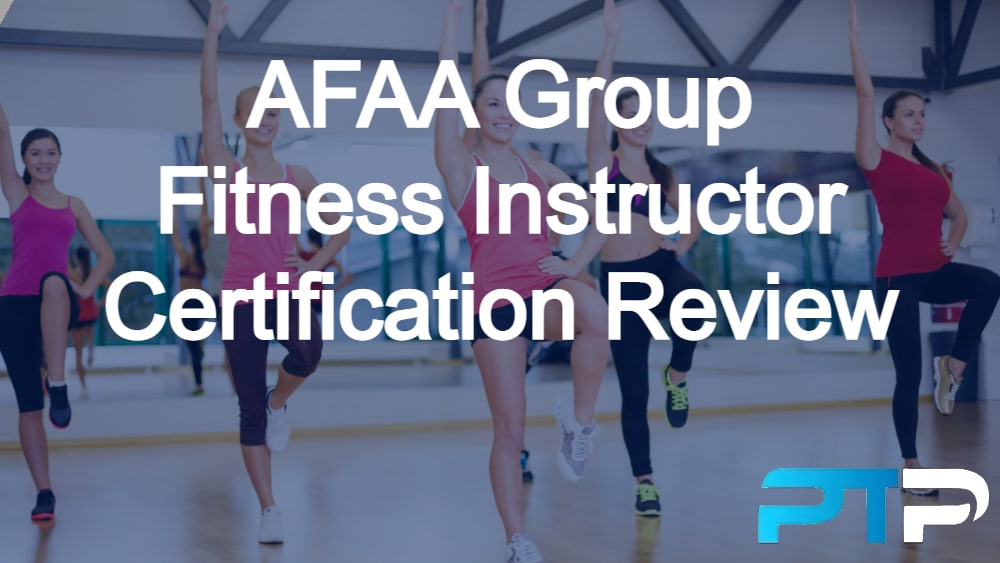
![Best Powerlifting Certification - Top Choices in [year] 17 Best Powerlifting Certification](https://www.ptpioneer.com/wp-content/uploads/2021/10/Best-Powerlifting-Certification.jpg)
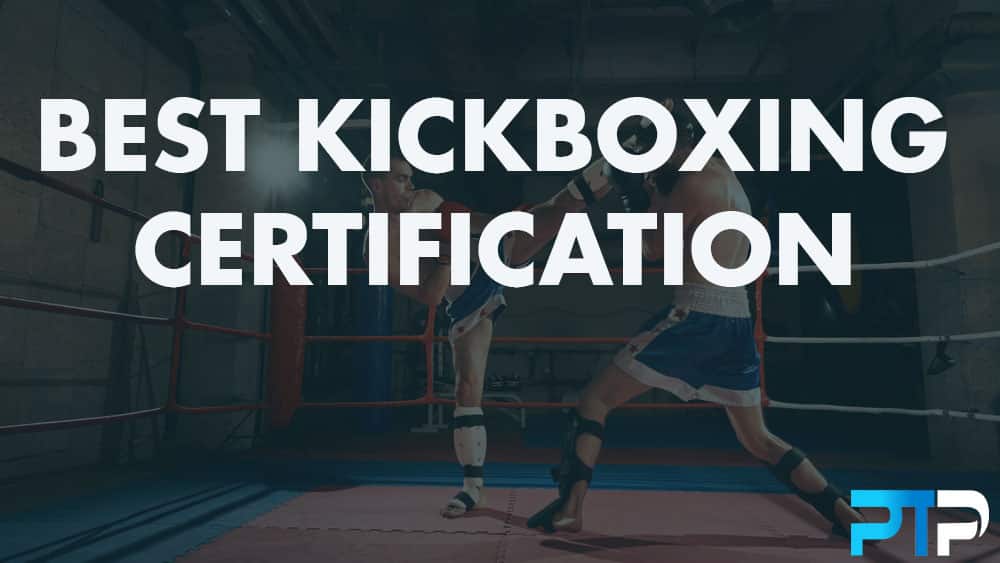
![Best Senior Fitness Certifications - [year] Recommendations 19 Best Senior Fitness Certification](https://www.ptpioneer.com/wp-content/uploads/2021/09/Best-Senior-Fitness-Certification.jpg)
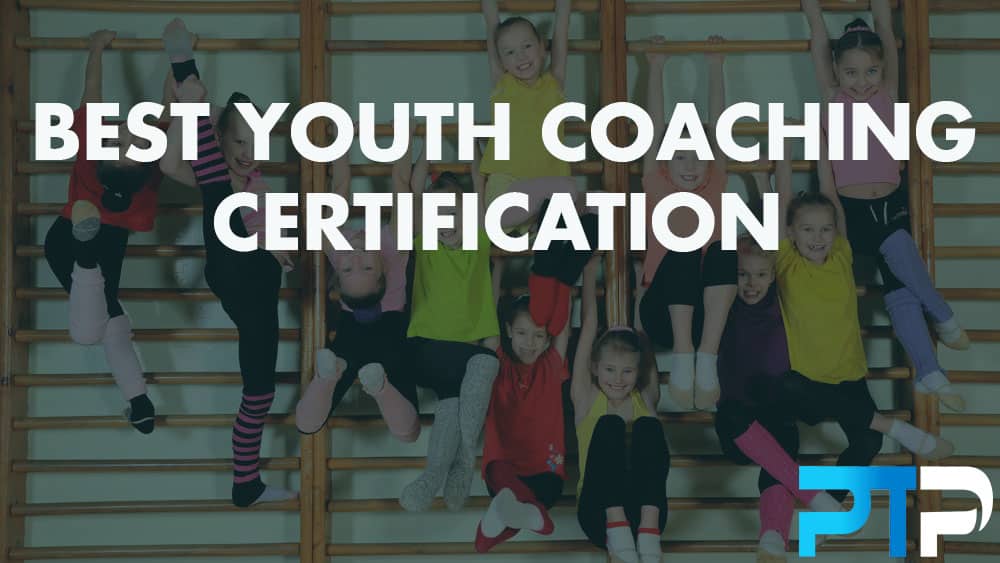

Tyler Read
PTPioneer Editorial Integrity
All content published on PTPioneer is checked and reviewed extensively by our staff of experienced personal trainers, nutrition coaches, and other Fitness Experts. This is to make sure that the content you are reading is fact-checked for accuracy, contains up-to-date information, and is relevant. We only add trustworthy citations that you can find at the bottom of each article. You can read more about our editorial integrity here.